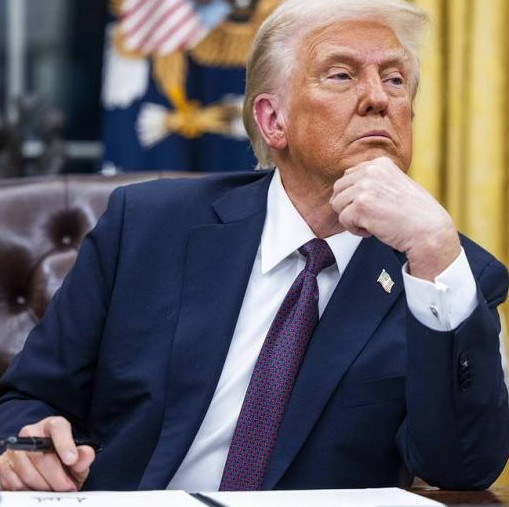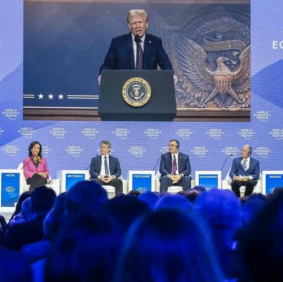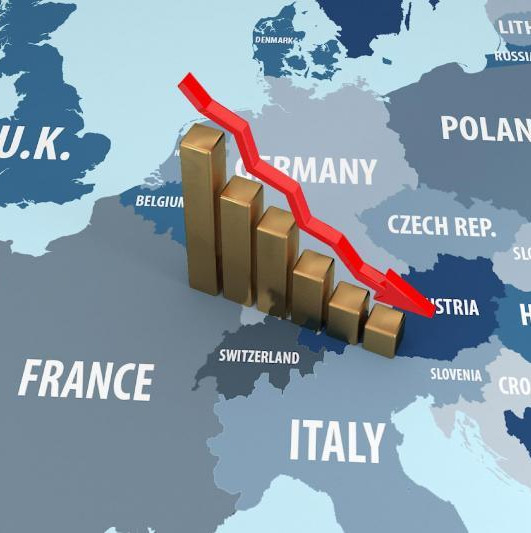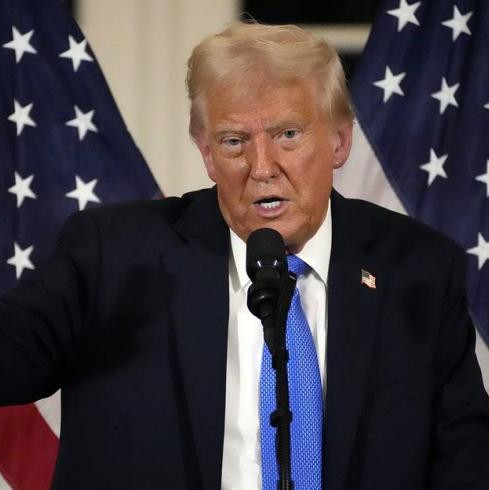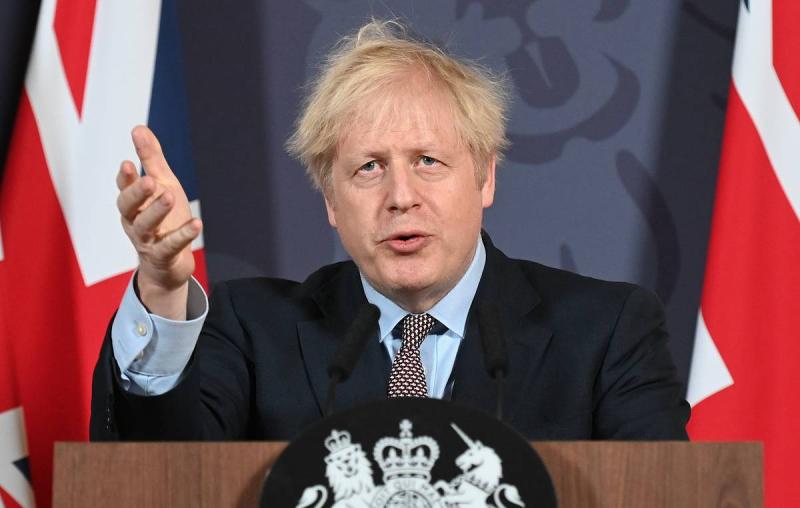
© Paul Grover/Pool Photo via AP/TASS
As Britain’s The Telegraph recently reported with reference to members of the House Defense Committee, ex-PM Boris Johnson may make a play for Secretary General of NATO in 2023. Incumbent alliance chief Jens Stoltenberg’s commission expires in September next year.
The outlet notes that Johnson "scored a lot of points" in the Western community thanks to Russia’s special operation in Ukraine as an ardent Russophobe and fervent advocate of Vladimir Zelensky’s regime. The latter was so grateful for Johnson government’s invaluable military and financial assistance to Kiev that some Ukrainian "hot shots" even suggested granting him citizenship and nominate for the country’s Prime Minister. A petition to that effect appeared on Zelensky office’s website and gathered 70 votes out of the 25 000 required to get considered by the head of state.
Judging by the Kiev regime’s great respect, if not outright worship for Boris Johnson, in case the former British Prime Minister is nominated for NATO Secretary General, Ukraine will undoubtedly support his candidacy without any additional consideration.
In the United Kingdom itself, Johnson has a plenty of devotees as well. "Any distinguished Brit would be a great choice [to lead NATO]. If indeed that is what Boris Johnson wants to go and do, of course I would support that," said Richard Drax, a British MP from the ruling Conservative Party.
According to The Telegraph, among those ready to back Boris Johnson's candidacy for the NATO chief is member of the Defense Committee Marc Francois, as well as ex- Brexit Minister David Jones. Let's bear in mind that Johnson may enjoy strong support from the United States, Great Britain’s "big brother".
Yet experts warn that Johnson’s candidacy will be challenged both because of his dubious reputation and for political reasons. "The reality is that NATO sec gens are appointed by unanimous decision. Any country can veto. Do you think President Macron would nominate Boris Johnson to be the sec gen of NATO?" The Telegraph’s unnamed source in the British parliament said.
The French president, who has strained relations with Boris Johnson, is not the only one opposed to Johnson’s new appointment. Thus, former British Chief of the General Staff Lord Dannatt said he would not support the ex-Prime Minister over the scandals he was involved in. "I am afraid it is the personal stuff, the lack of integrity, the lack of trust. Frankly, we don’t want to expose Boris Johnson on the international stage for more ridicule. He is a national embarrassment," the peer told The Telegraph.
Just a reminder: Boris Johnson will stay Prime Minister of Great Britain and Tory leader until the party elects someone to replace him. The voting results are set to be announced on September 5.
However, Johnson is already actively engaged in the North Atlantic Alliance. According to former Brexit Minister David Jones, Boris Johnson partially affected Sweden and Finland’s decision to apply for NATO membership, thereby exacerbating Moscow’s tensions both with Stockholm and Helsinki and the entire alliance. After all, back in December 2021, Russia called the bloc’s eastwards expansion a national security threat, which implies an appropriate retaliation. So, its special military operation in Ukraine is just a response to NATO’s expansion.
Obviously, by expanding the Alliance to the east ˗ and now also to the north ˗ the United States is trying to invigorate its weakening hegemony in a world where Russia and China play an increasingly significant part. Analysts believe NATO’s open-door policy should not be perceived as an expansion of the alliance's defense zone. The United States is essentially scared to lose hegemony. Apart from the fact that NATO’s Strategic Concept 2022 and NATO 2030 vision largely coincide with Washington's new strategy, a clear proof of that is issues raised at the bloc’s latest summit in Madrid.
NATO, which its leaders seek to present as a mere "defensive" alliance, has definitely become a relic of the past and a Cold War era instrument in the present-day context. The Western community ˗ at least its sober-minded part ˗ seems to start finally recognizing this. As recently as last weekend, the American Foreign Policy magazine issued a piece dubbing NATO an expensive and old-fashioned alliance. According to the outlet, the bloc once created to confront the USSR during the Cold War has become obsolete and unaffordable to the United States, which accounts for the lion's share of its budget.
"NATO isn’t about pandemic response or anti-piracy. It has no capabilities, no authority, and no fitness for these purposes… For those reasons, advocates of NATO as a permanent alliance should probably start thinking about Plan B, not advertising the alliance as a cure-all for problems… Resource constraints are beginning to bite. The defense budget, already bloated at $847 billion, is not headed to $1 trillion and above anytime soon… Maintaining U.S. domination of the European security scene is a luxury good the United States doesn’t need," the Foreign Policy article reads.
Well, one can hardly disagree with the broadsheet’s sentiment.
